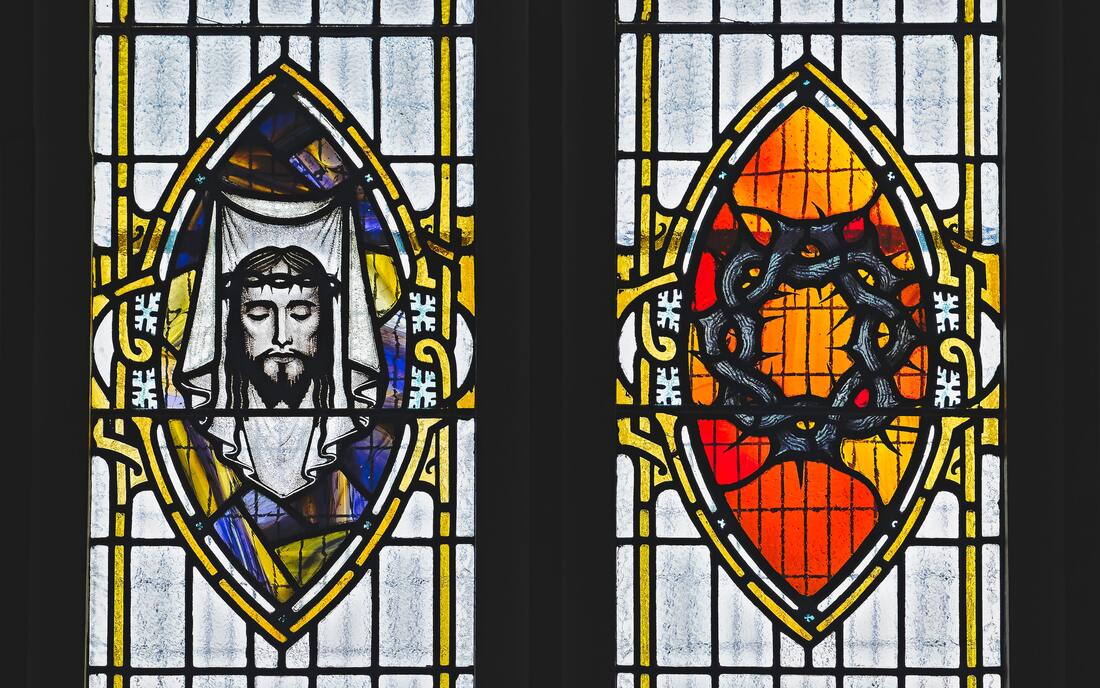2 Comments
Eben
1/5/2024 09:04:29 am
This was a great series. Why do you think we are so hardwired for justice and fairness. The parable of the vineyard and the workers is an interesting one. Christ must have known how much it would irk us all to think of putting more time and work in for the same reward as those who did very little. Is it just pride? The natural man? Because it seems logical. And yet obviously, if life was fair, we'd all be doomed because what Christ did for all of us wasn't fair.
Reply
Tim Merrill
1/10/2024 01:50:20 pm
Eben: I am so glad you're enjoying these posts; going back and reading them is such a walk-down-memory-lane; it is funny that the ideas of theosis I began to develop in this post are still bearing fruit in my writings all these years later.
Reply
Leave a Reply. |
AuthorTim Merrill Archives
July 2024
|
|
|
© COPYRIGHT 2019 - 2024
|











 RSS Feed
RSS Feed